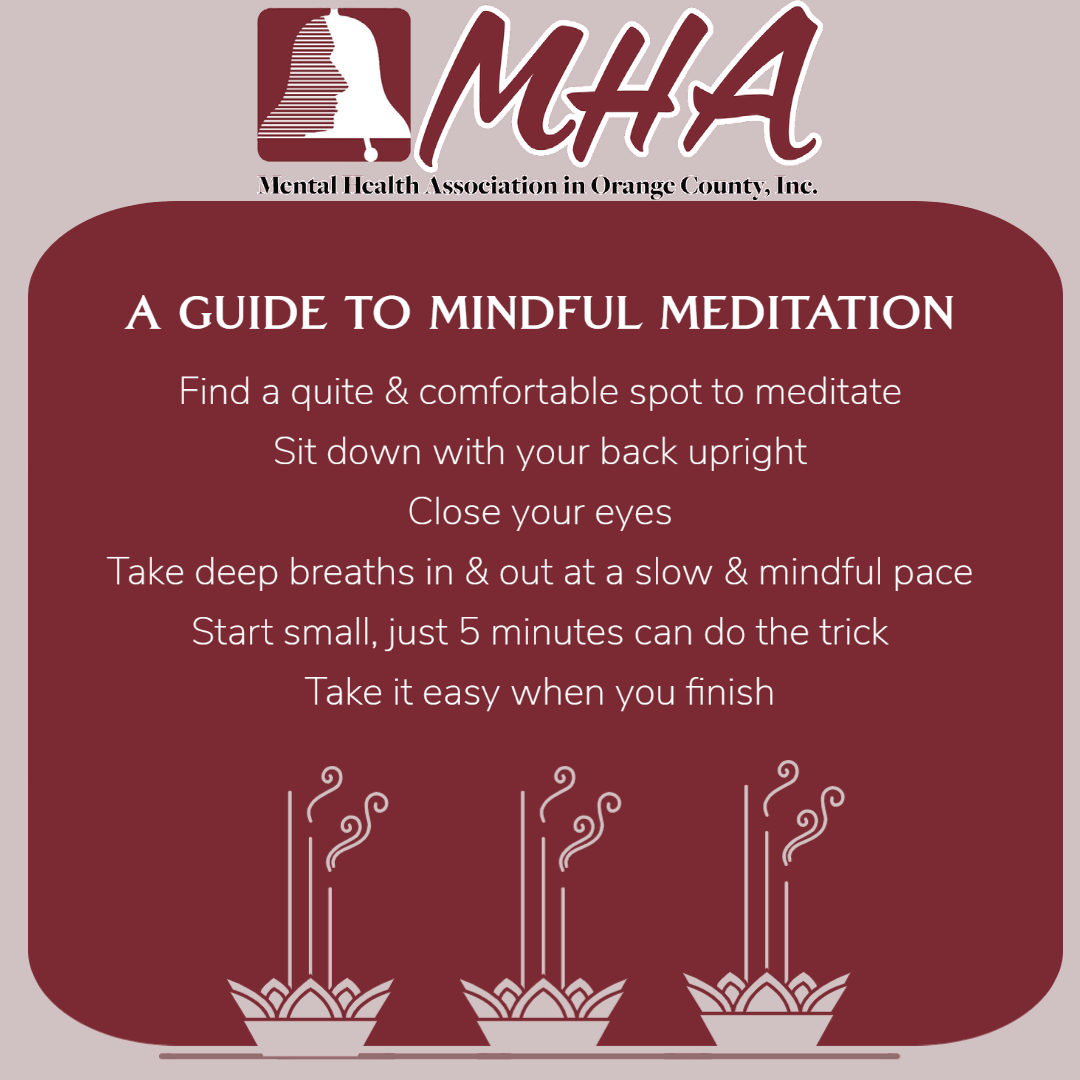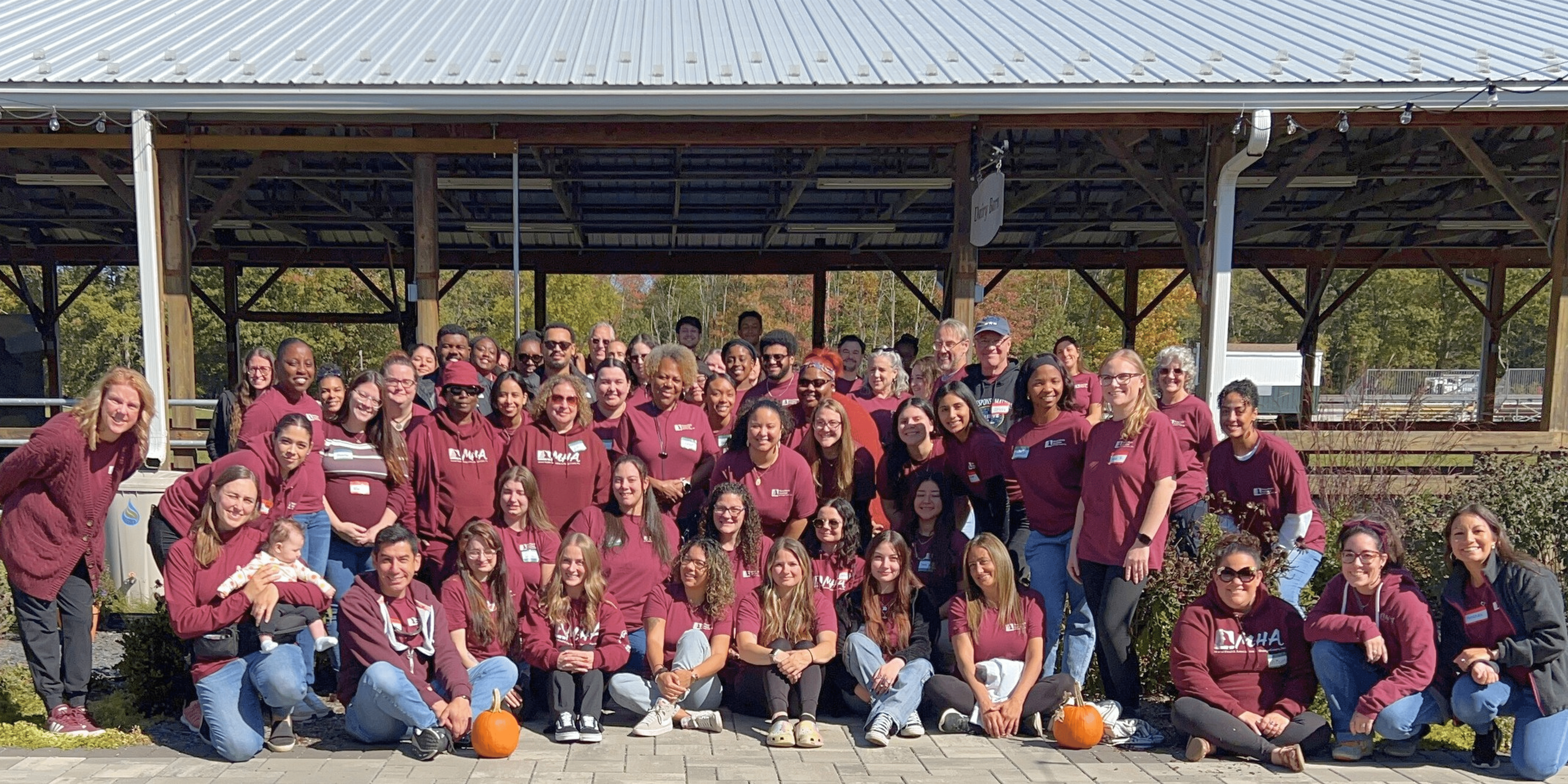
Even on the best days, stress can prevent us from being fully focused and doing our best work. And too much of it can lead to burnout, disengagement, more sick days, and strained relationships in the workplace.
You’re probably familiar with the safety announcement on flights about how if the cabin loses pressure, you should secure your own oxygen mask before assisting others. This routine announcement is a good reminder of the importance of self-care, something that’s more critical for employees more than ever.
By focusing on developing mindfulness techniques, you’ll be able to better navigate the challenges ahead.
Understanding How Mindfulness Helps Reduce Stress and Burnout As the Association for Psychological Science explains, burnout emerges when workplace demands and stress exceed your rewards, accomplishments, and all the other elements that typically help you cope. As it turns out, mindfulness is one of the most powerful tools you can use to combat this. Studies show mindfulness-based therapy effectively reduces stress, anxiety, and even depression. Researchers have also taken a look at digital mindfulness tools. So far, results show that meditation apps can strengthen mental health when used regularly. On top of that, there’s evidence to suggest that Web-based mindfulness tools can help alleviate symptoms for a variety of health conditions. Practicing mindfulness can even improve your performance at work, particularly as it relates to collaboration and productivity. This is an incredibly important reminder about self-care.
Exploring Mindfulness Techniques and Tools You Can Utilize
There is no shortage of options when it comes to how you can practice mindfulness, but consider these options:
- Gratitude Practices—Reflecting on the good in your life can help bolster the positive relationships you already have and help you gain perspective. You can incorporate gratitude into your days in many ways, such as by journaling, writing a letter, or creating some sort of visual reminder.
- Breathing techniques— According to Harvard Health Publishing, just observing your breath can reduce stress. Try this technique by finding a quiet place to sit, then count your inhalations and exhalations for 10 or so minutes. Guided meditations—Guided meditation is a practice facilitated by an instructor, which includes sessions that are in person, those conducted in real time via video, and on-demand sessions that are prerecorded.
- Walking—If sitting still with your thoughts is difficult, consider a walking meditation instead. This mindfulness practice entails maintaining awareness of your steps, as well as your breathing.
- Apps and Platforms—Today’s mindfulness apps have come a long way when it comes to supporting mental health. You might also consider an all-encompassing digital wellness platform that can provide access to all the techniques mentioned here and more. Some even allow you to connect one-on-one with certified wellness coaches who can offer guidance and help you set goals.
Recognizing the Importance of Mindfulness for You and MHA
Bear in mind that mindfulness need not be a solitary practice—there are many ways to incorporate mindfulness into the workplace that are individual to you.
With the right approach, you can bring wellness into your work and create a supportive environment that’s good for you and those you work with.


